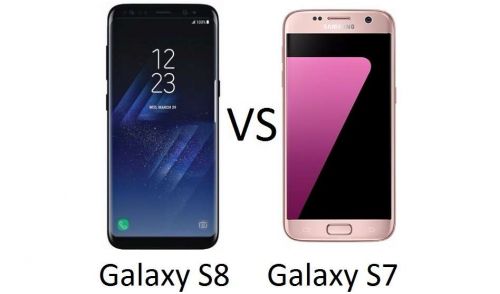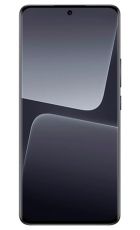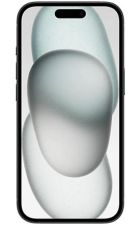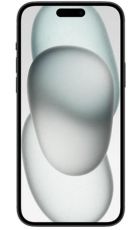We’re only in March and one of the most highly anticipated phones of 2017 is already here. We’re talking, of course, about the Samsung Galaxy S8, which has just been announced alongside the larger Samsung Galaxy S8 Plus.
With a huge screen, a significantly changed design and loads of power it’s certainly quite different to the Samsung Galaxy S7, but that phone is just a year old and still one of the best around, so has enough changed and, crucially, improved, to warrant upgrading?
To help you answer that question we’ve compared the two phones in full, so you can see exactly what’s new and whether the Samsung Galaxy S8 is worth your money.
Design
Samsung Galaxy S8 (148.9 x 68.1 x 8mm) vs Samsung Galaxy S7 (142.4 x 69.6 x 7.9mm)
The Samsung Galaxy S8 and Samsung Galaxy S7 both have a glass back, with a metal frame holding everything together, but there are some distinct differences in their design.
Viewed front on you’ll see that the Galaxy S8 doesn’t have a home button below the screen, which in turn has meant the bezels are tiny.
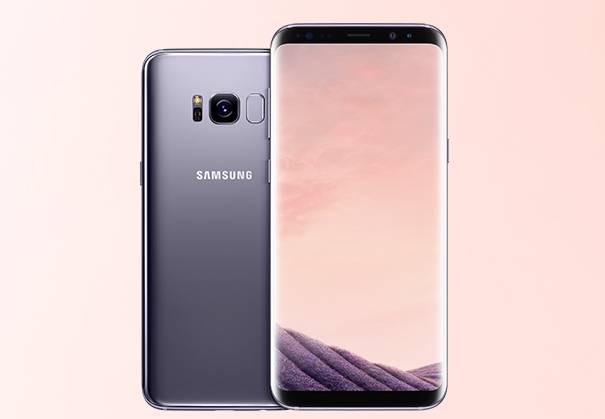
Instead, you’ll find a fingerprint scanner on the back next to the camera lens. Arguably this is a less ideal position than the front, since you won’t be able to reach it when it’s placed on a desk, but it’s meant the overall size of the Samsung Galaxy S8 isn’t much larger than the S7, despite a bigger screen.
The Samsung Galaxy S8 comes in at 148.9 x 68.1 x 8mm and 155g, while the Samsung Galaxy S7 is 142.4 x 69.6 x 7.9mm and 152g, so the S8 is longer, heavier and thicker, but not by much, and it’s actually not quite as wide as the S7.
Display
Samsung Galaxy S8 (5.8-inch 1440 x 2960) vs Samsung Galaxy S7 (5.1-inch 1440 x 2560)
This is the real difference, as while the Samsung Galaxy S8 has a 5.8-inch 1440 x 2960 QHD+ screen with a pixel density of 570 pixels per inch, the Samsung Galaxy S7 has a 5.1-inch 1440 x 2560 display with a pixel density of 577 pixels per inch.
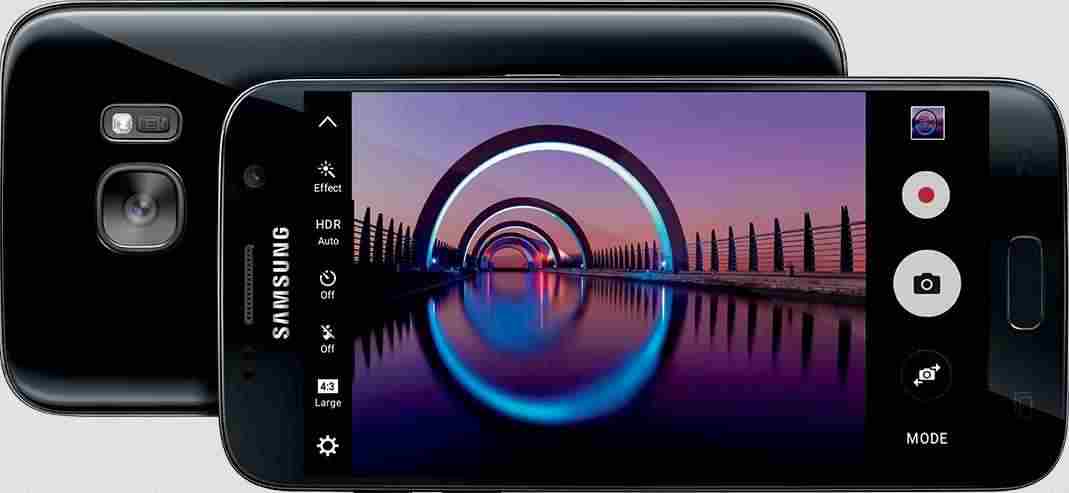
The S8’s screen is far bigger then, and also has more pixels, leaving it almost as sharp despite the extra size. It’s also curved, which the Samsung Galaxy S7’s screen isn’t. Those curves plus the tiny bezels mean the phone isn’t actually much bigger in the hand than the S7, which is an impressive achievement.
The Samsung Galaxy S8’s display also has an 18.5:9 aspect ratio, making it even more widescreen than the S7. So all in all it should be a significant improvement, but it uses the same Super AMOLED technology, and even the S7 has one of the best smartphone screens around.
Power
Samsung Galaxy S8 (octa-core processor 4GB RAM) vs Samsung Galaxy S7 (octa-core Exynos 8890 4GB RAM)
Samsung is using two different chipsets for the Galaxy S8, and the one you get will likely depend on which region you’re in, but there should be little to choose, as they’re both octa-core, with one clocked at up to 2.35GHz and the other at up to 2.3GHz. Either way you’ll also get 4GB of RAM.
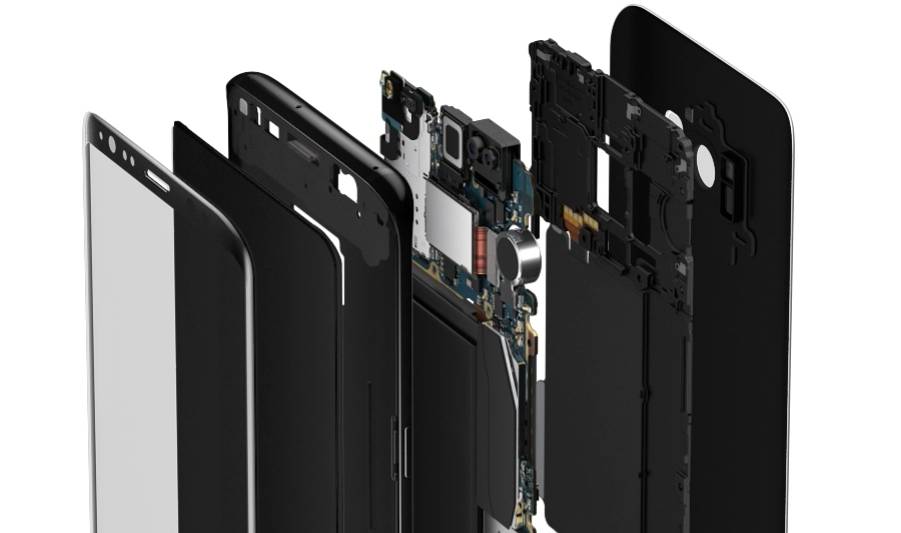
That’s not actually a huge change on paper from the Samsung Galaxy S7, which has an octa-core Exynos 8890 processor clocked at up to 2.3GHz and 4GB of RAM. The chipset in the S8 will be a generational upgrade though, so although the clock speeds are similar performance from the S8 should be better. In fact, the CPU is apparently 20% more powerful, which is quite a jump.
Camera
Samsung Galaxy S8 (12MP rear 8MP front-facing) vs Samsung Galaxy S7 (12MP rear 5MP front-facing)
Samsung hasn’t changed much here, but that’s ok, because the Samsung Galaxy S7 already has one of the best smartphone snappers around, with a high quality 12MP camera on the back and a 5MP one on the front.
The Samsung Galaxy S8 keeps the rear camera’s 12MP spec, and also matches the S7 with an f/1.7 aperture and a dual pixel autofocus.
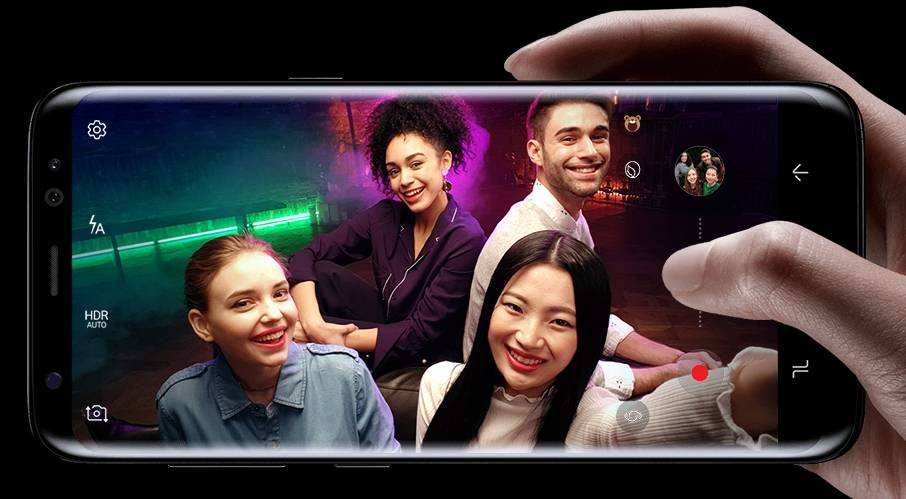
However, the front-facing camera has been upgraded to an 8MP one, so selfies should be better with the Galaxy S8.
Battery life, memory and connectivity
Samsung Galaxy S8 (3000mAh 64GB 4G) vs Samsung Galaxy S7 (3000mAh 32/64GB 4G)
Both the Samsung Galaxy S7 and Samsung Galaxy S8 have 3000mAh batteries. That was a just about adequate size for the Galaxy S7, but is worryingly small for the 5.8-inch Galaxy S8.
Still, it’s got an efficient processor, so hopefully that will be enough juice. We’ll let you know for sure once we’ve tested it out in full, but we’d guess that – like the S7 – this is a phone you’ll be charging daily. The S8 has at least had an upgrade to the charging port though, with USB Type-C in place of micro USB.
Memory comes in at 64GB on the Samsung Galaxy S8 and a choice of 32 or 64GB on the Samsung Galaxy S7, but both phones also have a microSD card slot, so there’s little to choose there.
Connectivity options are similar too, with the Galaxy S7 sporting Wi-Fi, 3G, 4G, Bluetooth 4.2 and NFC, while the Galaxy S8 has the same selection, but Bluetooth 5.0.
Note that the Samsung Galaxy S8 also has both an iris scanner and a fingerprint scanner, while the S7 has just a fingerprint scanner.
Price and availability
The Samsung Galaxy S8 is available for £689 SIM free, while contracts start at around £35 per month with £99 upfront, making it far more expensive than the Galaxy S7, which can currently be found from roughly £420 SIM free or from around £30 per month on contract with a small upfront cost.
As for availability, the Galaxy S7 is of course out now, while the Galaxy S8 is up for pre-order now and arriving in stores before the end of April, so you don't have long to wait. In fact, if you pre-order you'll get it early.
Conclusion
The Samsung Galaxy S8 looks to be a major – but perhaps not essential – upgrade to the Samsung Galaxy S7. The screen is far bigger, as well as being higher resolution, and the phone’s best trick is managing that without being much bigger overall, thanks to a stunning, almost bezel-free design.
But elsewhere there’s less difference. Power and camera upgrades look relatively minor and battery life may even be worse. You get an iris scanner and a new AI assistant, but you’ll also pay a lot more for the privilege.
So is it worth upgrading from the Samsung Galaxy S7 to the Samsung Galaxy S8? Probably not, unless you really need the latest and greatest phone.
But if you have something a little older, such as the Samsung Galaxy S6, then the S8 could be well worth investing in.


